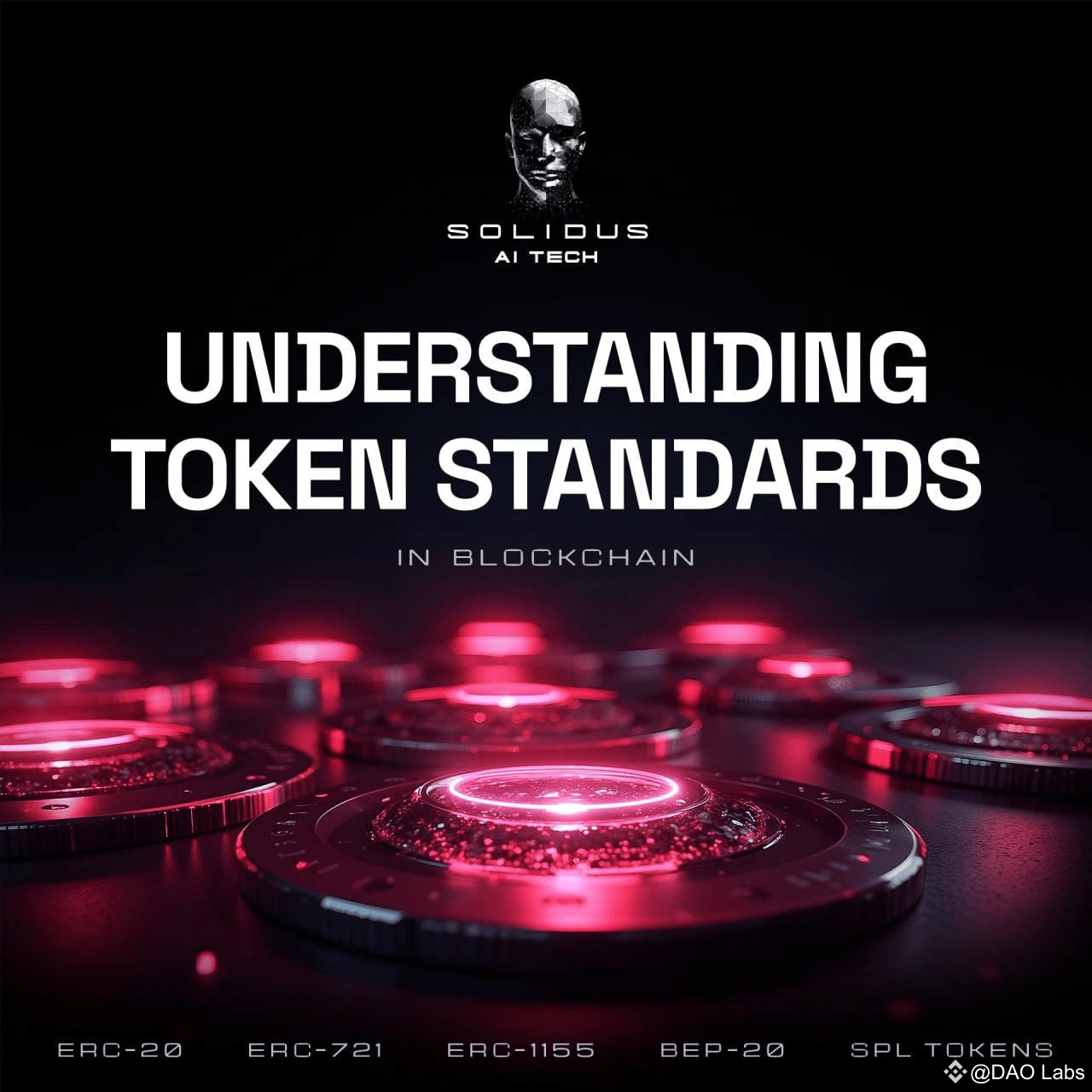
Fungible tokens structured under the ERC-20 standard on $ETH possess equal value between all of their units. The protocol lets developers generate cryptocurrencies and utility tokens thus allowing DeFi applications to have efficient operations and cross-programmable features. Binance Smart Chain extends developer options through BEP-20 which boosts system speed while reducing costs thus attracting developers moving toward scalability requirements.
Through ERC-721 standard protocols NFTs acquire their basic functionality by proving asset ownership while fighting duplication of unique digital assets. NFTs find extensive adoption mainly in digital art fields and gaming industry as well as the collectibles market. Through its ER-1155 standard the framework exists as a single contract which combines fungible token functions with non-fungible token capabilities to create enhanced operational efficiency. The $SOL SPL standard brings optimized speed to blockchain operations and thus provides exceptional scalability which attracts high-speed execution projects.
#SocialMining follows certain guidelines that determine reward distributions while managing assets. Participants can access #DAOLabs ’ #SolidusHub to perform efficient operations involving token creation and trading and usage of these frameworks. Knowledge about token standards will be essential as blockchain progresses because it enables users to enter decentralized platforms while receiving fair compensation and developing innovations on #Web3 platforms.

